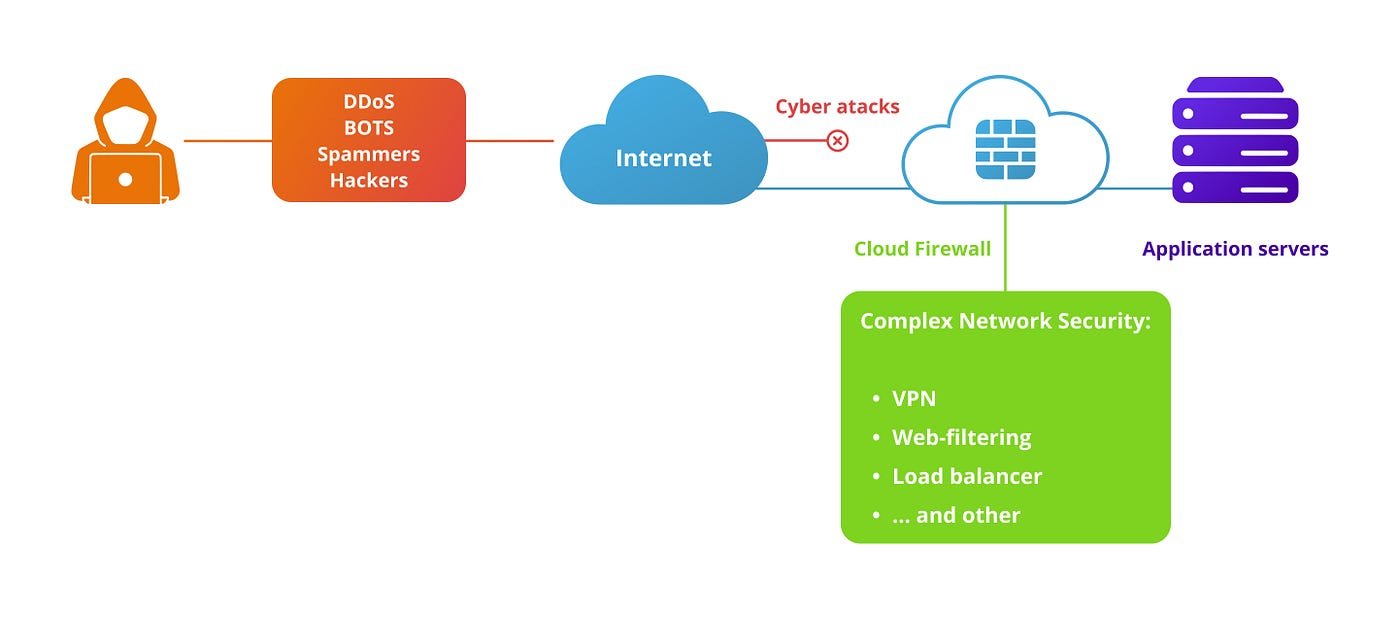In today’s hyper-connected digital economy, firewall management has evolved from a technical necessity into a business-critical function. With increasing cyber threats, expanding digital footprints, and regulatory demands, businesses must ensure that their firewall infrastructure is not only operational—but optimized to support continuity, compliance, and customer trust.
Business-Critical Capabilities of Firewall Management Tools
Modern firewall management software is instrumental in safeguarding business assets while enabling agility and informed decision-making. Key functionalities include:
- Real-Time Monitoring
Provides live oversight of firewall activity, enabling early detection of vulnerabilities or unauthorized access that could disrupt operations or compromise sensitive data. - Traffic Analysis
Delivers actionable intelligence by analyzing network traffic patterns, helping to uncover suspicious behavior and potential attack vectors before they escalate. - Configuration Management
Ensures consistency and compliance in firewall rule settings across the organization, reducing human error and aligning security protocols with business policies. - Compliance & Audit Reporting
Generates structured reports to support internal reviews and regulatory audits, demonstrating due diligence in cybersecurity governance.
Leading Firewall Management Solutions with Business Impact
1. Paessler PRTG Network Monitor
Value Proposition: Enhances IT operational awareness with real-time analytics and alerting.
- Enables proactive risk mitigation by monitoring firewall health and performance.
- Supports decision-making through visual dashboards and trend reporting.
2. Barracuda CloudGen Firewall
Value Proposition: Combines network optimization with embedded security for distributed workforces.
- Balances security with performance, supporting hybrid work and branch scalability.
- Ideal for businesses pursuing digital transformation and decentralized operations.
3. Cisco Secure Firewall
Value Proposition: Scalable enterprise-grade security with unified policy management.
- Strengthens business continuity with integrated intrusion prevention and threat defense.
- Reduces operational complexity across multi-site and cloud-based infrastructures.
4. Sophos Firewall
Value Proposition: Simplifies security management while integrating across the IT ecosystem.
- Delivers end-to-end protection through automation and centralized visibility.
- Empowers lean IT teams to maintain strong defense postures with minimal overhead.
5. Netgate pfSense
Value Proposition: Cost-effective, flexible firewall management tailored to specific business needs.
- Open-source model supports customization for specialized environments.
- Appeals to growing businesses requiring powerful features without enterprise pricing.
Strategic Considerations for Business Leaders
Firewall management is no longer solely an IT function—it directly influences risk exposure, regulatory standing, and brand reputation. Forward-looking organizations should:
- Invest in tools that support scalability and cloud integration, ensuring that security keeps pace with growth.
- Align firewall policies with business objectives and risk tolerance, enabling compliance without constraining innovation.
- Use analytics from firewall tools to inform broader cybersecurity strategies and board-level risk reporting.
Conclusion: Firewall Management as a Strategic Asset
Incorporating advanced firewall management tools into your security stack not only protects your digital perimeter—it strengthens operational resilience, supports compliance efforts, and empowers business agility. For leaders navigating digital transformation, robust firewall governance is a key enabler of secure growth.

